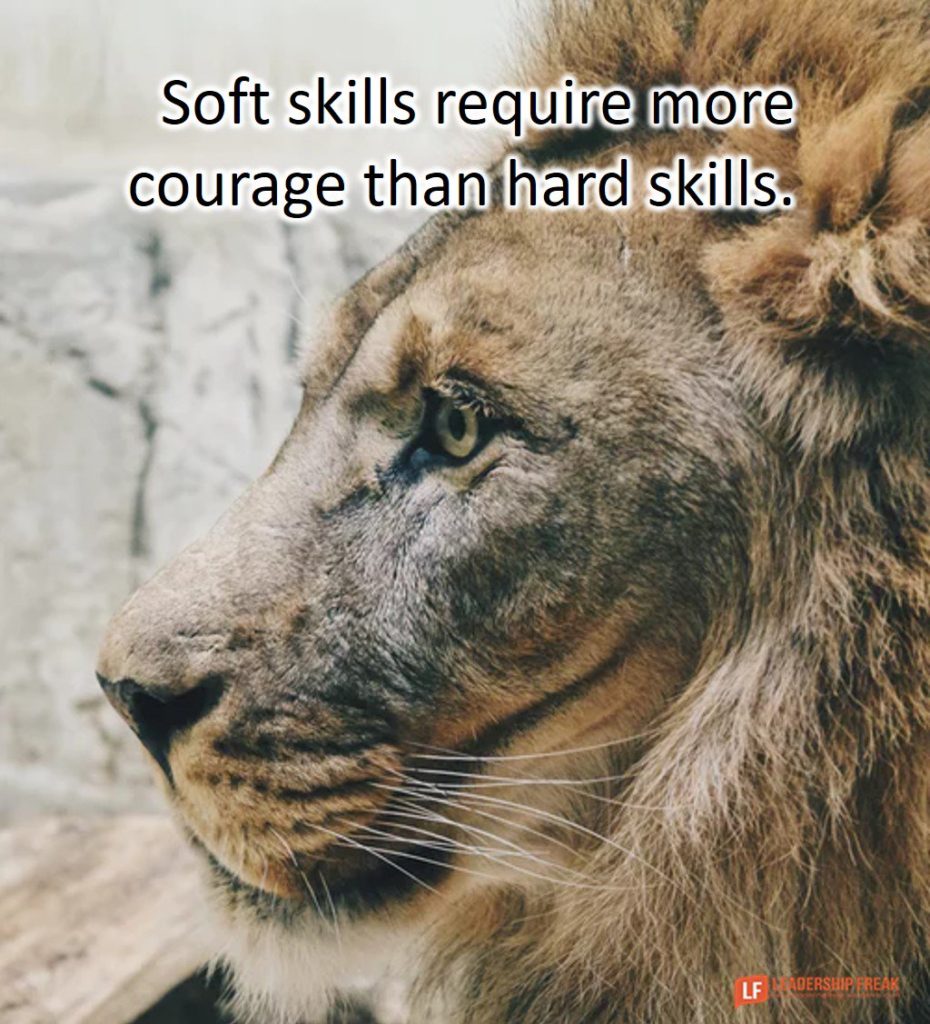
| When I was in the 6th grade the teacher had all of the seats numbered. Students sat in different seats from day to day depending on how well they did on the tests. I hate tests, so guess where I almost always sat? (I can identify with Charlie Brown!) Those who did well sat in the first few rows and others of us sat toward the back.As a youngster, you were tested to determine your IQ (intelligence quotient.) It was believed that your potential and future was very much dependent on your score, and there didn’t seem to be a whole lot you could do about that score. You were either one of the “smart kids” or you weren’t. It didn’t seem fair, but that was the way it was. Students graduating from high school take the SAT and other tests to determine how “smart” they are and that information may determine what schools they can or cannot attend. It has pretty much been that way for a good many years, until Daniel Goleman came along.In 1997. He wrote a book (“Emotional Intelligence”) that redefined how we perceive intelligence. Goleman makes a case for a relational intelligence that knows how to get along with others; to be “smart” at building collaborative relationships.The book argues that our normal view of human intelligence is far too narrow, ignoring a crucial range of abilities that matter in terms of how we do in life. Goleman speaks of a different way of “being smart.” Emotional intelligence includes such things as empathy and social deftness. The good news is that emotional intelligence is not fixed at birth as IQ is perceived to be. Its vital qualities can be nurtured and strengthened in everyone.This research has important implications for Christian leaders. Success in leadership used to be perceived as getting ahead. Now it is being increasingly defined as getting along.Pacific Fleet Commander D. Michael Abrashoff said, “The most important thing a captain can do is to see the ship from the eyes of the crew.” Long gone are the days in leadership where the “know it all, does it all” sits at the top and dictates. The effective leader is a person who works through a network of patiently developed relationships. It is clear that your EQ is to be equally, if not more, valued than your IQ. More leaders plateau or self-destruct due to the inability to get along than for any other reason. Some years ago a survey was conducted which revealed that 90% of those returning from the mission field prematurely did so because they couldn’t get along with their fellow missionaries. The language was not the issue. Their education was not the issue. It was their lack in the area of emotional intelligence.This is the era of the team, not the solo leader. Leadership today is more about enabling and empowering than employing. Leaders who are good at developing and maintaining healthy relationships and tapping the power of those relationships will be the most valuable leaders of the future.By nature, I’m a task-oriented leader. I have to work overtime at being relationally sensitive and attuned. I plan on spending the rest of my life seeking the Lord’s help in being more caring, a better listener, a team player, an affirmer, an encourager.Author and professor Leonard Sweet notes that, “The modern era undervalued the leadership art related to connectedness. In fact, collaborative skills are more valuable to leadership than technical skills.” So, how “smart” are you? |

Recent Comments